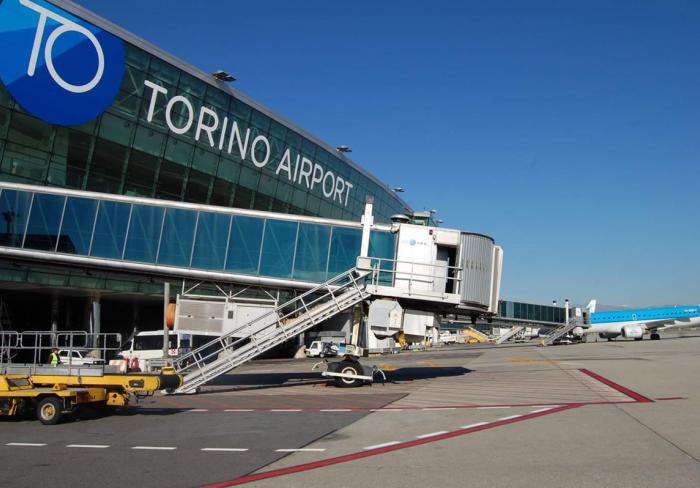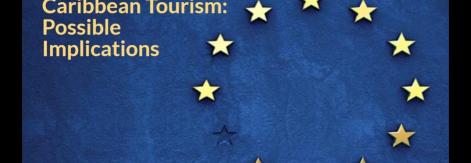Central America, a region that was pounded hard by the aftermath of the 9/11 terrorist attacks in the U.S., is now beginning to bounce back, according to a research study revealed by the World Trade Organization (WTO).
Crime and violence are on the flop side of those paradise-like tourist destinations of the Caribbean. In the face of this situation, regional authorities are looking for ways to protect an industry that plays a key role in their economies.
“Dreadful terrorist attacks and acts of war have cast long shadows over the tourist industry in many parts of the world, laying bare the urgent need of handling this crisis in the sector thoroughly since this is an industry that usually brings thoughts of happiness and unwariness linked to it.”
Caribbean coral reefs have been hacked off by 80 percent in the last three decades by both natural and human causes, a scientific research study recently published by British scholars in the latest issue of Science magazine concluded.
The most affected areas stretch out from the Caribbean Basin and Mexico’s Yucatan Peninsula all the way to Puerto Rico, and from Venezuela’s Margarita Island up to the U.S. state of Florida, the research team of the School of Biology at the East Anglia University in Norwich pointed out.
Asia’s tourist industry –hit hard by the SARS outbreak- has begun to bounce back and could be working on all six by the end of the ongoing year, attendants to the Forum on International Cooperation for Tourism Development in Hong Kong pointed out.
When it comes to outlining a public policy oriented to tidy up and energize Mexico’s cruise tourism, the government is to take due account of old-timed hurdles that stand in the way to the development of that industry in the country and boil down to a heavy glut in a the market, lack of specialized infrastructure, scarce or no air and ground connections at all, as well as poor relationships among the different authorities that regulate this kind of activity.









